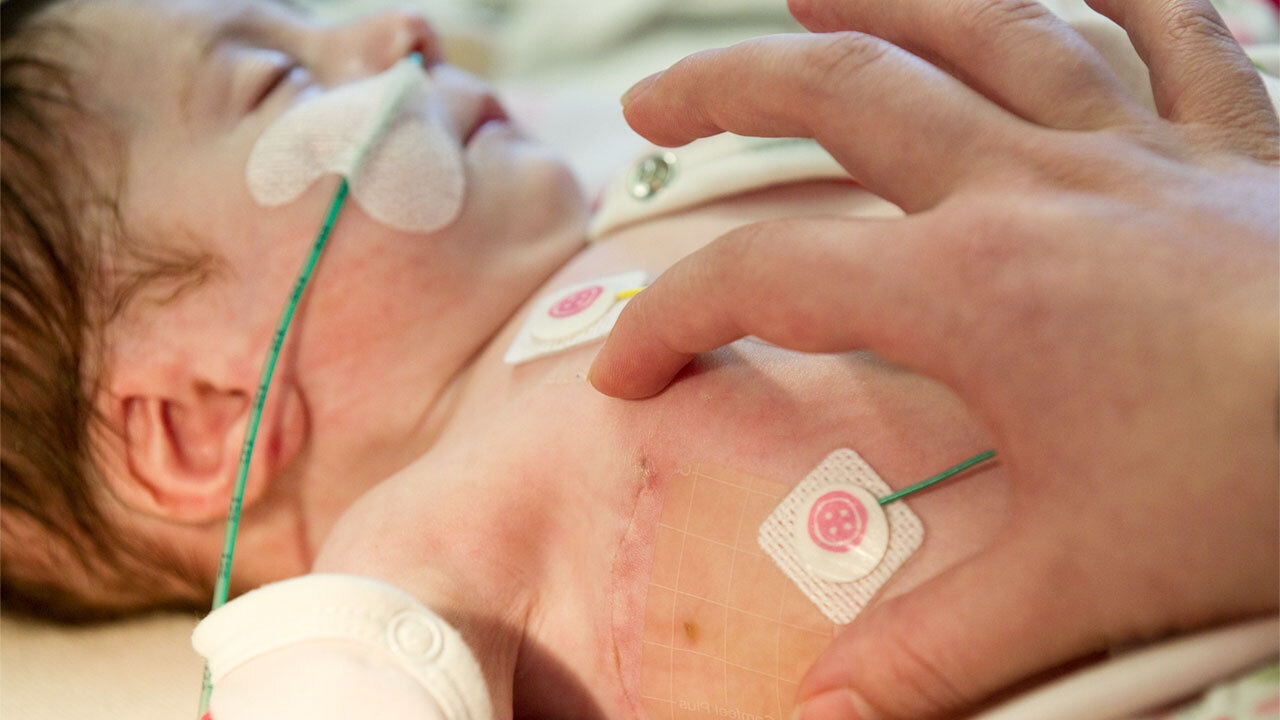
Heart defects, specifically the most common ones, are conditions many are aware of but few truly understand in depth. Congenital heart defects (CHDs) are the most prevalent type of birth defect, affecting millions of newborns worldwide. These conditions range from simple issues, which might not need treatment, to complex malformations requiring surgical intervention shortly after birth. In this post, we'll unveil 18 essential facts about the most common heart defects, shedding light on their causes, symptoms, treatment options, and the impact they have on individuals and families. Our goal is to provide readers with a comprehensive understanding of these conditions, empowering them with knowledge to support affected loved ones or to simply broaden their awareness.
Understanding the Most Common Heart Defect
Congenital heart defects are structural problems with the heart present at birth. Among these, one stands out as the most common. Let's dive into some fascinating facts about this prevalent condition.
What is the Most Common Heart Defect?
The most common heart defect is known as a ventricular septal defect (VSD). This condition involves a hole in the wall separating the heart's lower chambers. Here are some key facts about VSD:
- Prevalence: VSD occurs in about 1 in every 500 live births, making it the most frequent congenital heart defect.
- Types: There are four types of VSDs: perimembranous, muscular, inlet, and outlet. Each type is classified based on its location in the ventricular septum.
- Symptoms: Symptoms can range from none to severe, including rapid breathing, fatigue, and poor weight gain in infants.
- Diagnosis: VSD is often detected through a heart murmur during a routine check-up and confirmed with an echocardiogram.
- Size Matters: The size of the defect significantly impacts the severity of symptoms and treatment options. Small VSDs may close on their own, while larger ones might require surgery.
- Complications: Untreated large VSDs can lead to complications like heart failure, pulmonary hypertension, and endocarditis.
- Treatment Options: Treatment varies from monitoring small defects to surgical repair for larger ones. Medications may also be used to manage symptoms.
- Prognosis: With proper treatment, most individuals with VSD can lead normal, healthy lives.
- Genetic Factors: While the exact cause is unknown, genetic factors and environmental influences during pregnancy may play a role in the development of VSD.
- Associated Conditions: VSD can occur alone or with other congenital heart defects, such as Tetralogy of Fallot or Down syndrome.
How Does VSD Affect Daily Life?
Living with VSD can vary greatly depending on the severity of the defect. Here are some insights into daily life with VSD:
- Activity Levels: Many children with small VSDs can participate in normal activities without restrictions. However, those with larger defects may need to limit strenuous activities.
- Regular Check-Ups: Regular follow-ups with a cardiologist are essential to monitor heart function and detect any changes.
- Medication Management: Some individuals may require medications to manage symptoms or prevent complications.
- Diet and Nutrition: A heart-healthy diet is crucial, especially for those with larger defects or complications like heart failure.
- Emotional Support: Living with a congenital heart defect can be challenging. Emotional support from family, friends, and support groups can make a significant difference.
Advances in VSD Treatment
Medical advancements have significantly improved the outcomes for individuals with VSD. Here are some notable advancements:
- Minimally Invasive Surgery: Advances in surgical techniques now allow for minimally invasive procedures, reducing recovery time and improving outcomes.
- Catheter-Based Interventions: Some VSDs can be repaired using catheter-based techniques, avoiding the need for open-heart surgery.
- Genetic Research: Ongoing research into the genetic causes of VSD may lead to better prevention and treatment strategies in the future.
Heart Health: A Critical Focus
Understanding heart defects, especially the most common ones, is crucial for early detection, effective treatment, and improving life quality for those affected. Awareness and education play key roles in tackling these challenges head-on. With advancements in medical science, many born with heart defects now lead fuller, healthier lives. Yet, the journey doesn't stop here. Continued research and support for heart health initiatives are vital. Everyone's got a part to play, from healthcare professionals to individuals making lifestyle changes to reduce their risk factors. Let's keep pushing for better heart health awareness, diagnosis, and treatment options. After all, every heartbeat matters, and by staying informed, we're all contributing to a future where heart defects have less impact on lives.
Was this page helpful?
Our commitment to delivering trustworthy and engaging content is at the heart of what we do. Each fact on our site is contributed by real users like you, bringing a wealth of diverse insights and information. To ensure the highest standards of accuracy and reliability, our dedicated editors meticulously review each submission. This process guarantees that the facts we share are not only fascinating but also credible. Trust in our commitment to quality and authenticity as you explore and learn with us.


